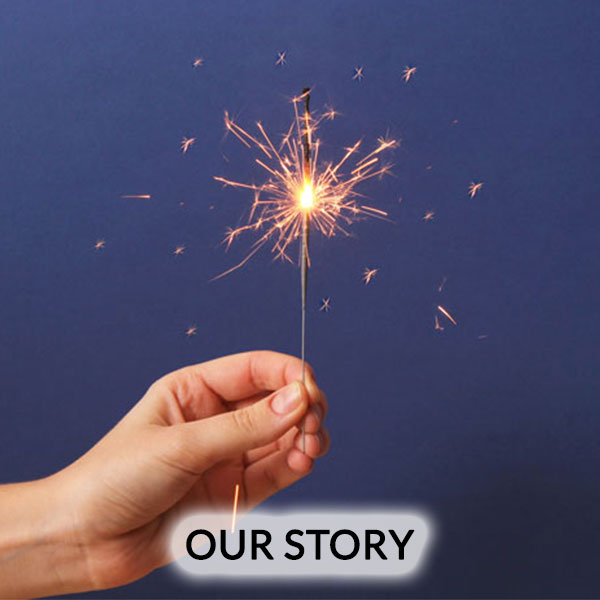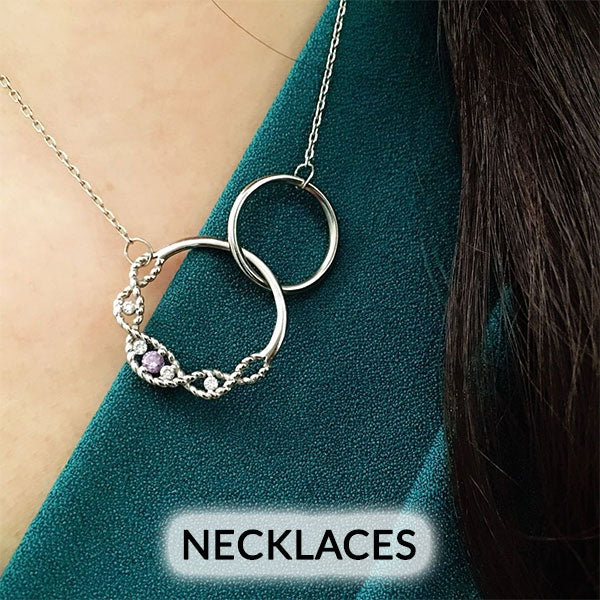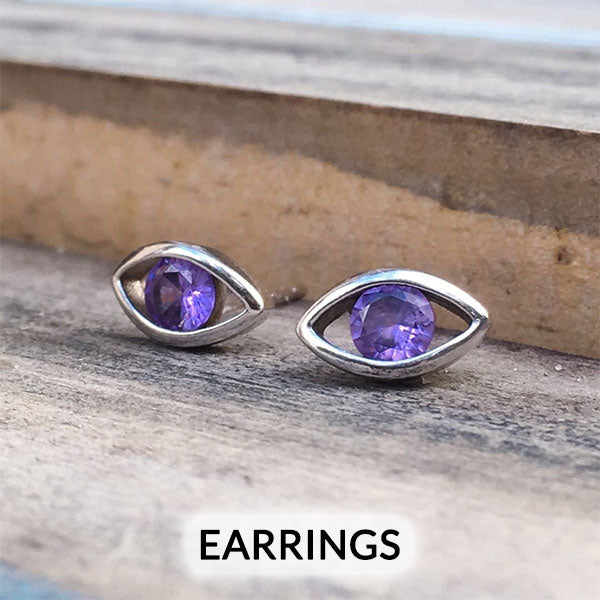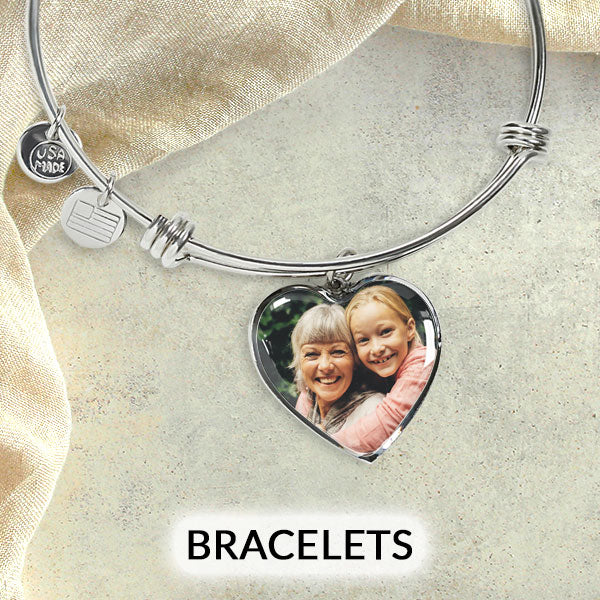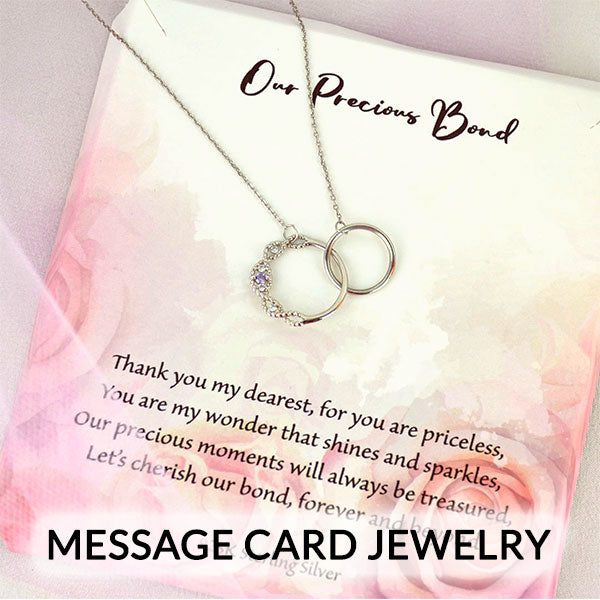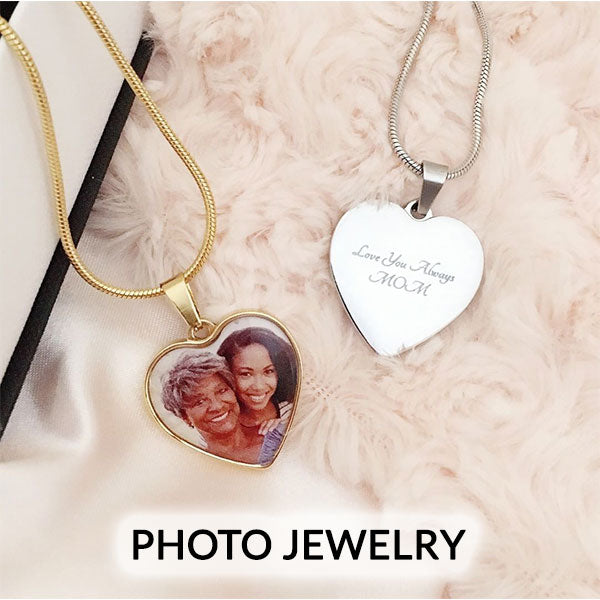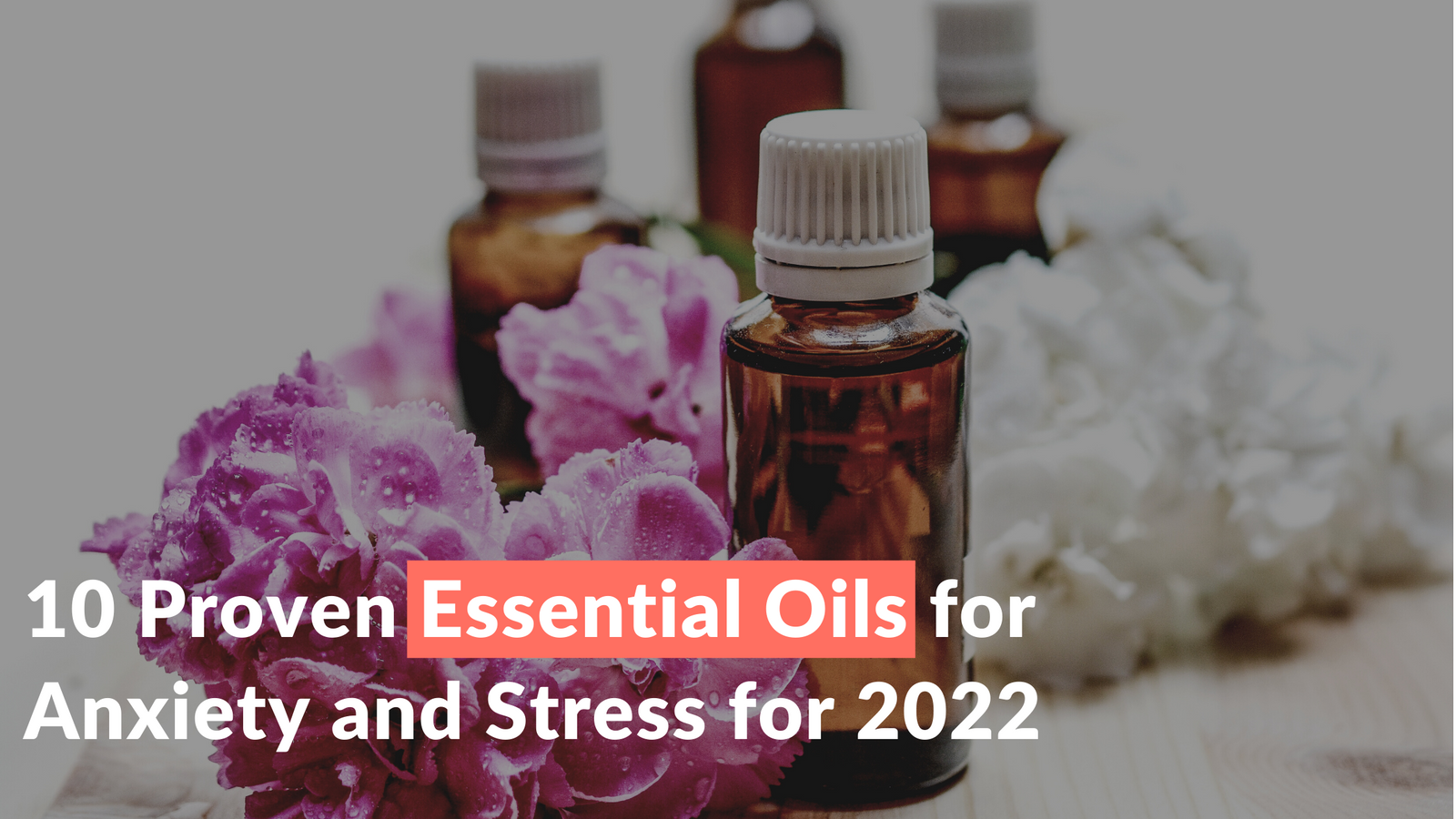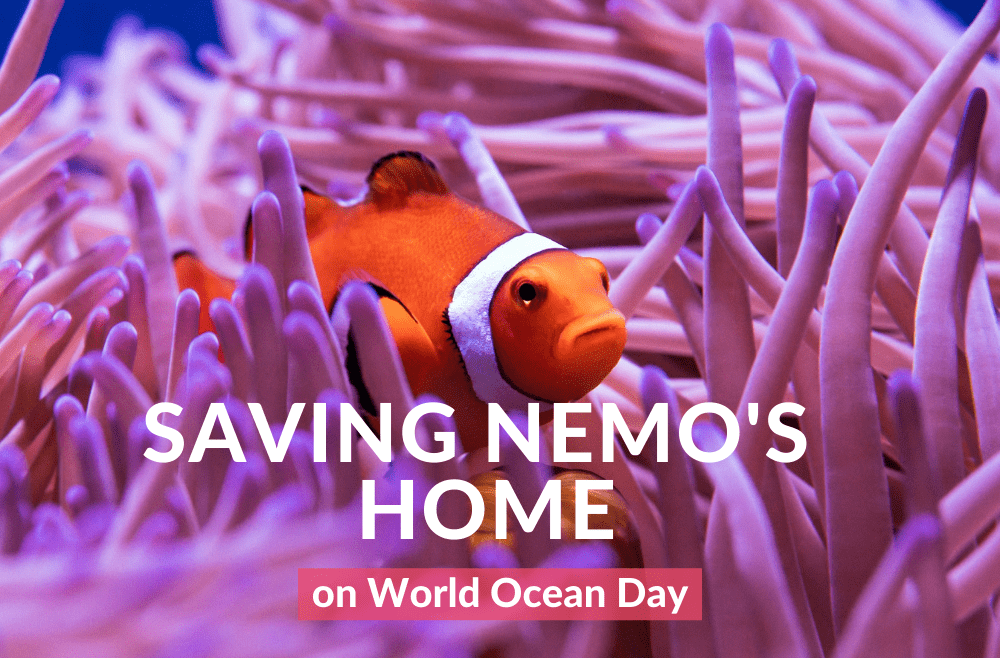
Every year, on the 8th of June, we celebrate World Ocean Day to raise awareness about the role the ocean plays in our lives. It is also a very significant day we let people know about all the unhealthy things we have done to our ocean and what we can STOP DOING to save the ocean.
When we talk about the ocean, we can’t help but to think of the Finding Nemo movie….
Are you like us too?
A Nemo lover?
Many people loooove Nemo because they are sooo cute!
BUT do you know that their home ‘The Great Barrier Reef’ is currently in big trouble?
Nemo’s Home ‘The Great Barrier Reef’ Is Being Threatened in 3 Big Ways
Before we talk about what it means to honor World Ocean Day, we would like to draw your attention to the problems currently faced by our adorable Nemo and his ocean friends.
Take a look at the picture below to see what Nemos home looked like before and after.

Image credit: Independent Australia
It's heartbreaking right?
#1: Coral Bleaching

Image credit: NBC News
Have you ever heard of coral bleaching? Wonder how did it happen?
Imagine you have a neighbor who doesn’t get along with people in the neighborhood. Let’s call her Karen (Karens have been making rounds on the internet a lot lately). She often burns trash instead of recycling it or taking it to the dumping site.
Because of the irresponsible Karen, you suffer from chronic asthma attacks. These attacks usually occur a few hours after Karen burns trash in the neighborhood.
THAT KAREN is us—the irresponsible humans.
Global warming occurs as a result of our carbon footprint, such as driving solo (emitting carbon dioxide), eating a lot of meat (raising livestock emits methane), and wasting electricity (burning fossil fuels). The global warming effect causes the ocean water temperature to increase hence bleaching of coral reefs.
It’s worse for the corals though... because these vulnerable corals can’t stand up to the Karens causing their health to deteriorate. (sigh)
#2: Uncontrolled Fishing

Image credit: Save the great barrier reef
Let us take a trip down the memory lane. Think about what happened during the first three months of the pandemic in 2020...
There was mass buying of hand sanitizers and toilet papers. Remember that?
There were no buy limits imposed at the beginning, so everybody grabbed whatever they could.
And what happened next?
Those who were late to the store went home empty-handed.
The stores were all EMPTY!
The Great Barrier Reef is the store here. The hunting and fishing activities have slowly emptied some ocean species. Adding to that, the poor management and uncontrolled fishing are now speeding up the extinction of some marine life. So we aren't contributing to the ocean conservation movement at all.
At this rate, these sea creatures most likely won’t exist for our future generations to see and experience, and turn into endangered sea animals. All because we are NOT DOING ENOUGH to protect Nemo’s friends and their habitats.
How does this make you feel? Are you annoyed with humans?
#3: Ocean Plastic Pollution

Image credit: Greenbiz
Did you know that 80% of waste pollutants found in the ocean are from land-based activities? Most of these waste pollutants are plastics.
It’s shocking to know that there are 8 million tonnes of plastics leaked into the ocean every year, which is equivalent to dumping one garbage truck into the ocean every minute.
Holy Moly!!!
Because of that, marine life dies from consuming plastics and other waste materials thinking it's food for them. Sadly, the adorable sea turtles have been one of the biggest victims of this plastic pollution.
Now that you have learned about the scary problems faced by The Great Barrier Reef, let’s dig deeper and see why World Ocean Day should be celebrated ALL DAY… and EVERY DAY!
Do you agree with us?
Why Should You Care About The Great Barrier Reef & Why It Is Significant to World Ocean Day?
World Ocean Day was first introduced at the Earth Summit in Rio De Janeiro in 1992. It is a way to raise awareness about the importance of taking care of our ocean as well as to celebrate the role the ocean and its inhabitants play in our daily lives.

Image credit: VOA news
The Great Barrier Reef, which is as big as Japan or 70 million football fields (for the football fans!), plays a huge role in our lives, and here's why:
✅ Coral Reefs Generate 50% of The Earth’s Oxygen
The Great Barrier Reef contains the world’s largest collection of coral reefs, which means it is our biggest oxygen generator. According to Eco Watch, coral reefs also absorb one-third of the carbon dioxide produced from burning fossil fuels.
Can you see the importance of Nemo’s home to us?
CONSEQUENCES: If the coral reefs become extinct, then we will run short of oxygen. We don't want to get all sciency on you so we’ll leave it at that. Just know that coral reefs play a significant part in our ecosystem.
✅ Home to Many Almost Extinct Sea Creatures
The Great Barrier Reef is home to endangered sea animals that are on the brink of extinction, like Dugong. It is sometimes referred to as the ‘elephant of the sea’. Here’s some fun facts for you! Dugong is actually related to the elephant (hence the title) but they do not look and behave like the elephant. Also, dugong is much smaller in size. An adult Dugong is 2.6 meters long while an elephant is about 6 meters tall.

CONSEQUENCES:The damages caused to The Reef have sped up the extinction of many sea creatures. Let’s take Dugong for example. The Dugong has a complicated reproductive cycle, and they can only give birth to one 'child'. This hinders the Dugong population from increasing at a much more significant rate.
So poaching and pollution are slowly forcing Dugong to disappear from the world. Sadly, there are many endangered sea animals in the same situation as Dugong.
How do you feel about the life-threatening problems faced by our marine life and its habitat?
Feel concerned?
Want to help?
Worry not, we have many options for you to choose from and do things differently.
4 Cool Things You Can Do to Support World Ocean Day
Coming together every year on the 8th of June to raise awareness about the dangers faced by marine animals is very important. Our actions can influence others to get involved and help save the ocean.
Here are some cool things you can do in support of World Ocean Day:
(i) Beach Clean-up as a Family Competition (get your kids to participate!)

One of the best ways to help save the ocean and beach from plastic and other waste materials is to do some beach cleanup activities dispose of it. To make this more fun and engaging, you can involve kids in the challenge. Check here to see how these kids have fun while doing good for the ocean.
For sure, this will help you and your kids to be more mindful about littering in the future.
(ii) Visit The Great Barrier Reef (For those who live in or travel to Australia!)

Image credit: Egor Kamelev
Yup, you read that right!
Visiting and going for a dive at The Great Barrier Reef helps to keep it clean. Tourists are required to pay ‘reef-tax’ which helps run the day-to-day conservation and management of the reef.
So, if you live in Australia or happen to visit Queensland, then you should check the reef out. You never know, you might even get inspired to help raise awareness about the crisis faced by the reef afterward.
(iii) Plant a Coral To Save The Reef

Image credit: Restoring Florida coral reefs
Did you know you can plant corals to help them grow?
Yuppp, that's another way to help coral reefs recover and flourish. Tourists at The Great Barrier Reef are welcomed to support this effort. The tourism operators working there will be in charge of doing the actual planting.
So how does coral planting work?
The operators collect coral fragments from the ocean, then they transplant them onto underwater frames where the corals grow rapidly. After that, they move the grown corals onto the reef.
It’s like transplanting, but with coral reefs. How cool!
(iv) Buy From Brands That Support Marine Conservation
Want to support World Ocean Day all year round without having to pick up trash?
Here we have 3 brands that create products that help save the oceans and can be used as gifts for beach lovers.
❤️ 7 Wonders of The Ocean Earrings Set by Wonderspark
That’s us! We love the ocean as much as you do, so we specially designed a charity-inspired ocean-themed earrings collection—The “7 Wonders of The Ocean”, which features 7 endangered sea animals—to promote ocean awareness.
The best part is that 10% of the proceeds go to charity and saving marine life.
Every sea animal that we’ve picked and made into earrings are facing life-threatening problems. We hope that through our earrings, we can tell their stories to the world.
If you love earrings and would like to save the ocean, you can adopt one or ALL of these sea animals today.
Our '7 Wonders of The Ocean' Earring Sets
❤️ Purpose-Driven Towels by Anaskela
Who doesn’t love a stylish towel that is made with a mission to reduce environmental wastes?
Anaskela towel is not only stylish, lightweight, ultra-absorbent, quick-drying, and sand-free, but also very eco-friendly! You'd be amazed to know that the Anaskela towels are made from recycled PET bottles! 😱
Lol, not a pet as in a pet animal... But a kind of plastic that is used to manufacture bottles and containers.
We love this brand because their towels are doing a lot of good for our environment. They also organize environmental beach clean-ups, and you can be part of it too! Ocean conservation personified.
Keep an eye out at your local area, they might show up at any time.

❤️ Eco-friendly Swimwear by SeaMorgens
Have you ever thought that you might be wearing clothes made from recycled plastic bottles and abandoned fishing nets at some point in your life?
If not, you may want to check out these sustainable swimwear sets from SeaMorgens. Their swimwear is made exactly with plastic bottles and fishing nets!
We love this brand because their swimwear is not only made with active ocean lovers in mind, but also the materials used to make their swimwear helps reduce waste. On top of that, they partner up with many different charities that support ocean conservation projects to do more good for our oceans.
Talk about ocean cleanup made cool.

We hope you have learned quite some stuff about The Great Barrier Reef and the mission of World Ocean Day. Remember you don’t have to wait until World Ocean Day to do your part for our ocean. Start today by doing more carpools, recycling, turning lights off when not needed, and more.
Together, we can be a part of the solution!

